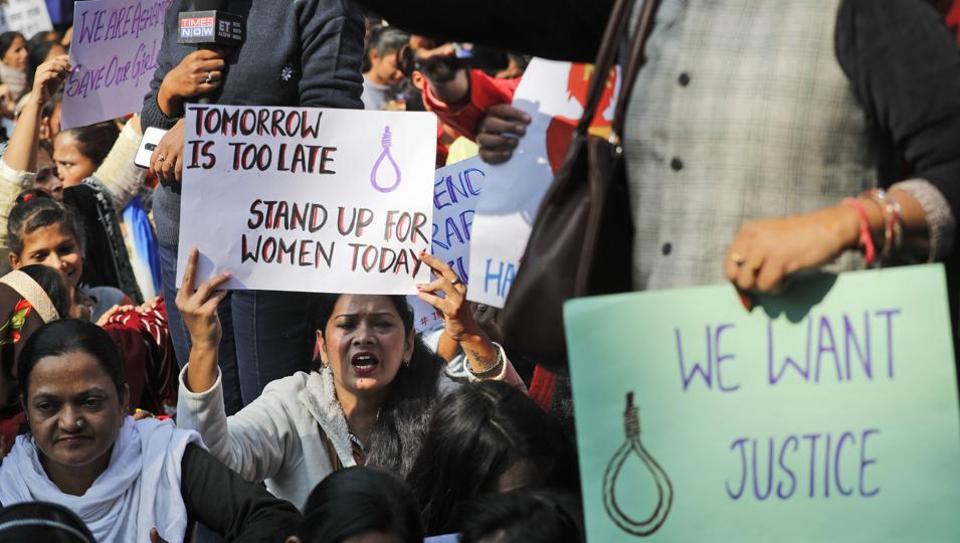prasad1
Active member
The Gauhati high court’s ruling, granting a man a divorce on the grounds that his wife refused to wear a shaka (conch shell bangle) and sindoor as per Hindu custom amounted to her refusal to accept the marriage, is a huge step backwards for women’s rights.
By wearing these accoutrements of matrimony, a woman is expected to show her devotion to her husband while nothing of this sort is expected from the man. In fact, the sindoor takes on a significant role in a marriage that neither a single woman nor a widow can wear it. It is seen as a mark of respectability.
In the Gauhati case, the court went further and ruled that the woman in question was guilty of cruelty under the Maintenance and Welfare of Parents and Senior Citizens Act 2007, as she did not want to live with her in-laws, and, hence, tried to prevent her husband from looking after his aged mother. The ruling suggests an inbuilt bias in the judiciary, particularly at the lower levels. It deprives the woman of her freedom of choice as to whether she wishes to wear symbols of marriage.
This sort of misogyny is insidious as it tends to appropriate and control the woman’s wishes. The ruling – like many others in the past – deny the woman autonomy, and makes her subservient to a pre-defined patriarchal notion of what a “good” wife ought to be like. At a time when more women are entering the workforce and becoming economically independent, it seems misplaced to constrain their behaviour, whether it is within a marriage or otherwise.
Unfortunately, many of India’s popular television serials and films also glorify the importance of marriage symbols such as sindoor and bangles. A marriage is a union of equals and should not be contingent on one partner being viewed as being subservient to the other. Equality under the law should be upheld in letter and spirit and the Gauhati ruling seems to go against this.

 www.hindustantimes.com
www.hindustantimes.com
By wearing these accoutrements of matrimony, a woman is expected to show her devotion to her husband while nothing of this sort is expected from the man. In fact, the sindoor takes on a significant role in a marriage that neither a single woman nor a widow can wear it. It is seen as a mark of respectability.
In the Gauhati case, the court went further and ruled that the woman in question was guilty of cruelty under the Maintenance and Welfare of Parents and Senior Citizens Act 2007, as she did not want to live with her in-laws, and, hence, tried to prevent her husband from looking after his aged mother. The ruling suggests an inbuilt bias in the judiciary, particularly at the lower levels. It deprives the woman of her freedom of choice as to whether she wishes to wear symbols of marriage.
This sort of misogyny is insidious as it tends to appropriate and control the woman’s wishes. The ruling – like many others in the past – deny the woman autonomy, and makes her subservient to a pre-defined patriarchal notion of what a “good” wife ought to be like. At a time when more women are entering the workforce and becoming economically independent, it seems misplaced to constrain their behaviour, whether it is within a marriage or otherwise.
Unfortunately, many of India’s popular television serials and films also glorify the importance of marriage symbols such as sindoor and bangles. A marriage is a union of equals and should not be contingent on one partner being viewed as being subservient to the other. Equality under the law should be upheld in letter and spirit and the Gauhati ruling seems to go against this.

Respect women’s autonomy
A court ruling that not wearing accoutrements of matrimony invalidates marriage is a step in the wrong direction


